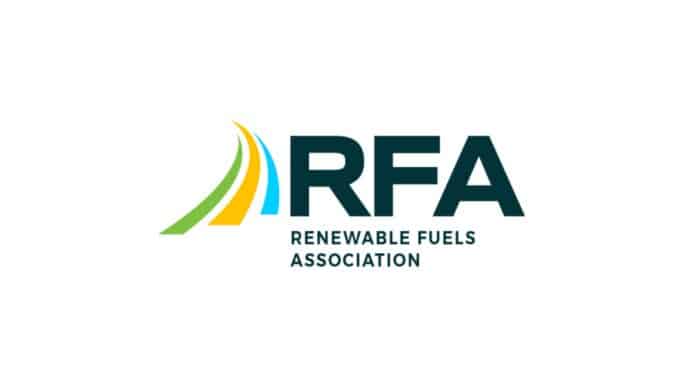America’s farmers, fuel marketers and retailers, and renewable fuel producers today called on the U.S. Environmental Protection Agency to adopt a market-oriented, technology-neutral approach to transportation decarbonization in its upcoming final tailpipe emissions standards for 2027-2032 light- and medium-duty vehicles.
In a letter to EPA Administrator Michael Regan, seven national associations representing the full spectrum of the renewable fuel supply chain, said the proposed rule favors electric vehicles while failing to consider the decarbonization potential of existing biofuels that can improve the emissions profile of the vast majority of cars on the road today. The organizations recommend that EPA account for all emissions relating to different fuel and engine technologies and equitably incentivize emissions reductions from all of those technologies.
“EPA should use the best available science to accurately account for the full lifecycle carbon intensity associated with particular fuels and technologies, but its proposed approach ignores the significant upstream emissions from electricity generation associated with electric vehicles,” the groups said. “Incentives for alternative fuel technologies should be tied to those technologies’ full lifecycle environmental attributes rather than a single cherry-picked step in the lifecycle (i.e., tailpipe emissions).”
The associations support the agency’s goal of reducing over-the-road transportation emissions but are concerned that the agency’s proposed standards “artificially tilts the scale towards electric vehicles” while ignoring other available fuel and vehicle options that can help decarbonize the transportation sector more rapidly and at a lower cost. The groups also noted that “the proposed rule exceeds the scope of the Agency’s statutory authority, which does not include authority to set greenhouse gas emission standards that effectively mandate EVs.”
If finalized as proposed, EPA expects its tailpipe emissions standards could result in EVs accounting for 67% of new light-duty vehicle sales and 46% of new medium-duty vehicle sales by 2032. “The speed at which the Agency appears to anticipate the market and consumers will transition to electric vehicles is divorced from our members’ assessment of reality,” according to the letter. “The Proposed Rule does not appreciate the market obstacles associated with such a massive transition in consumer behavior. It also abandons proven decarbonization technologies, such as higher-octane liquid fuels, that can deliver material emissions reductions using existing infrastructure, existing vehicles, and working with consumers’ existing behavioral proclivities.”
The organizations submitting the letter include the Renewable Fuels Association; National Association of Convenience Stores; NATSO, Representing America’s Travel Plazas and Truckstops; National Corn Growers Association; National Farmers Union; SIGMA: America’s Leading Fuel Marketers; and Growth Energy.


